How do fantasy worlds end up so white, male, and straight? Certainly, science fiction has its own tropes, and a bad space opera is just as derivative as a bad dungeon crawl. But one thing science fiction seems to be better at than fantasy is gender inclusion and, to a lesser extent, racial diversity. This may be because a lot of us base our fantasy worlds, consciously or not, on actual historical locations and cultures. To what extent should this limit us?
After reading Saladin Ahmed’s article "Is 'Game of Thrones' Too White?," I took a look at my current project and realized that while the parts I have set in the modern day are fairly racially diverse, the parts I have set in Fantasyland (which I had imagined as roughly commensurate with Northern Ireland) were not. At all. Had I subconsciously defaulted to Classic Fantasy Pseudo-Europe?
I was already including a diverse range of women characters in the book, which is something I am more likely to notice is missing from a lot of fantasy because I’m a woman. But now I’m taking another look at my assumptions about race and sexual identity. Just because I’ve decided to base the geography, or the style of dress, or certain phrases of borrowed language on an existing culture doesn’t mean that I’m locked into every aspect of that existing culture for my fantasy setting. Why shouldn’t there be a diversity of races in Northern Ireland Derivative? The more I play with the idea of race (who's to say what the patterns of trade and immigration look like in a fantasy world? oh, wait, that would be me!), the more I think that I’ve been unconsciously limiting myself.
I don’t have to play in Tolkien’s sandbox, or Martin’s. Identifying and questioning my own assumptions about the kind of characters who populate my fantasy world is the best way to create a world that’s truly my own. After all, the real world has changed a lot since Tolkien and Lewis. It's time that our imagined worlds changed, as well.

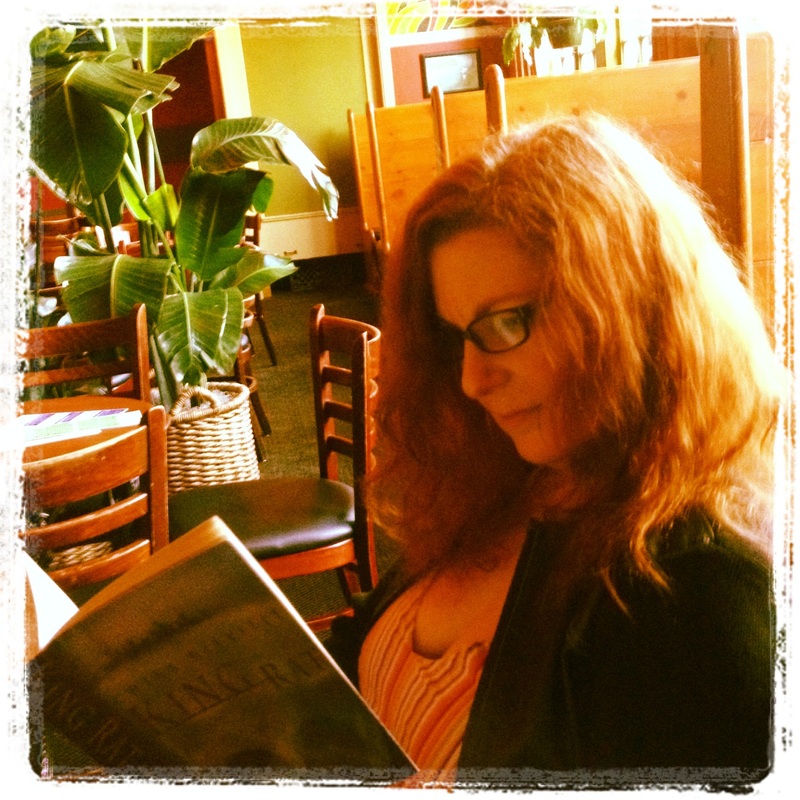
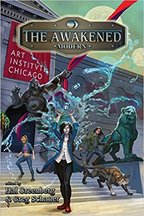
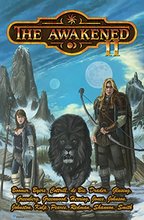
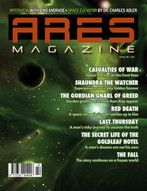
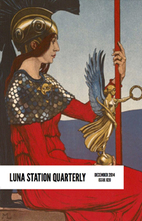
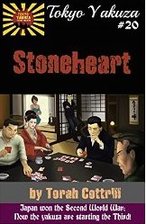

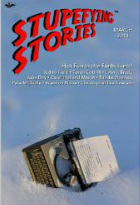
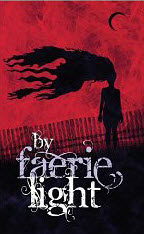
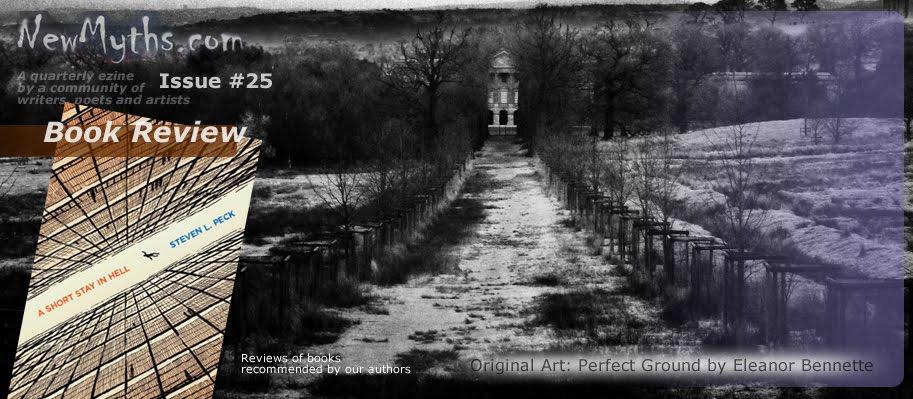

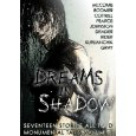

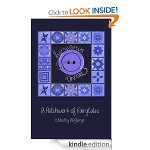
 RSS Feed
RSS Feed
